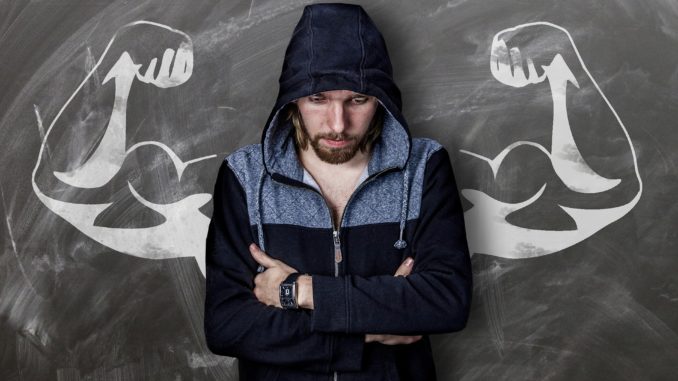
Recovery from addiction is an ongoing process. It’s natural to feel a little daunted at the prospect of remaining clean and sober. With healthy coping skills in place and a well-thought-out plan, you can not only manage in 2018—you can thrive!
Understand What Addiction Is
Before you can grasp how to manage your addiction, it’s important to understand what an addiction is. Psych Central defines physical addiction to alcohol or substances this way:
- You experience cravings when you withdraw the substance.
- Those cravings won’t go away without the substance.
- You cannot control how or when you use the substance.
- You need an increasing amount of the substance to experience the feelings it produces.
- You seek the substance with increasing frequency.
Some of the common signs that you have an addiction are mood swings, hangovers, blackouts, withdrawal from friends and family members, trouble with the police, and weakened health.
Coping Skills Are Key

Everyone has coping skills. Coping skills are things you do to help you make sense out of negative things happening in your life. Some coping skills are healthy, and some are not.
Psychology Today explains that there are both biological and social elements in how you cope. We typically learn coping skills in our childhood. When a parent explodes over bad traffic or falls apart over a job loss, it becomes a piece of our knowledge on managing situations. it is important to understand that coping skills can be developed and fine-tuned. Just because you weren’t brought up with people who demonstrated the best coping skills doesn’t mean you can’t take what you have and make it better.
Abusing substances is an unhealthy coping skill. Using creates an effect in the brain that feels good. However, it’s a short-term solution with long-term troubles that far outweigh the initially “good” sensation. You can create similar effects in your brain through healthier activities, such as exercise, meditation or doing something creative. Engaging in activities that promote your health and wellbeing are superior choices in the long run over old habits better off left behind.
Reframing Your Life
Taking a hard look at your life is an important part of recovery. Some research indicates that you will be far happier and healthier if you distance yourself from situations and people who could trigger bad choices. It’s time to reframe your life. Surround yourself with positive people who support your new lifestyle, and find a home that reinforces your good choices following rehab. As explained by Redfin:
You’ll want to find a place that helps you create a healthy, consistent routine without throwing you into the paths of old triggers. You’ll also want a loving environment to rebuild your relationships and bond with your family, a place where you can heal and focus on your recovery.
The process of recovery is extremely challenging and stressful, and some studies show that it’s vital to include a support system in your recovery. Join a program, participate in a support group, and reach out for spiritual and emotional reinforcement. Don’t underestimate the encouragement and satisfaction you can glean from these resources.
You should also avoid situations that create vulnerability. The well-known acronym HALT is a terrific rule of thumb: avoid becoming Hungry, Angry, Lonely or Tired.
You Can Thrive!
You made the best possible choice when you decided to deal with your addiction, and it’s important that you continue to make good choices. Understand what addiction is, and develop good coping skills. Reframe your life in a way that encourages a healthy lifestyle. With these strategies in place, 2018 can be your best year yet!
This blog was guest-written by Adam Cook from AddictionHub.org. Adam started AddictionHub.org after losing a friend to substance abuse and suicide. He is interested in helping people find the necessary resources to save their lives from addiction. AddictionHub.org locates and catalogs such resources.

Leave a Reply